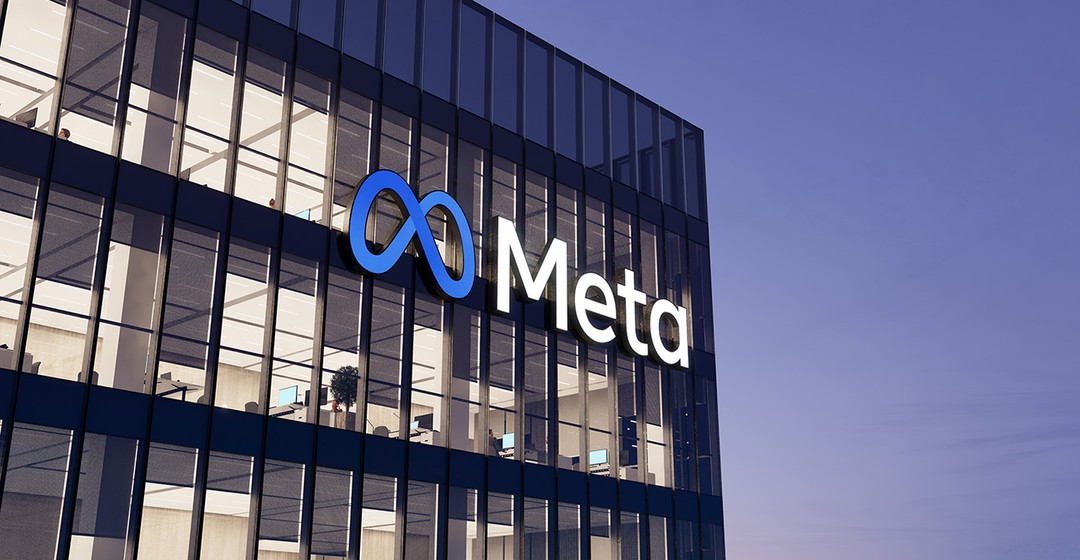
In a decisive legal victory for the tech industry, a federal judge has ruled that Meta Platforms, Inc., the parent company of Facebook, does not constitute an illegal monopoly. The ruling dismisses a high-profile lawsuit brought by the Federal Trade Commission, which had sought to force the company to divest its popular Instagram and WhatsApp subsidiaries.
The case was widely seen as a critical test for regulators aiming to curb the power of Big Tech, and its outcome delivers a significant setback to those efforts.
The court found that the FTC failed to provide sufficient evidence to prove its central claim that Meta holds monopoly power in the personal social networking market. The judge stated that the agency’s market definition was “legally insufficient” and did not convincingly demonstrate that Meta has the ability to control prices or exclude competition arbitrarily.
This legal standard, a cornerstone of antitrust law, proved too high a bar for the government’s case to clear. The decision underscores the immense challenge regulators face in applying traditional antitrust frameworks to the dynamic and rapidly evolving digital landscape.
This ruling represents a major vindication for Meta, which has argued fiercely that it operates in a fiercely competitive space for user attention and advertising dollars, competing not only with other social apps like TikTok and Snapchat but also with entire platforms like YouTube and even emerging forms of digital entertainment.
The legal outcome allows Meta to continue its integrated strategy, leveraging the interconnected ecosystems of Facebook, Instagram, and WhatsApp to develop new features like cross-platform messaging and shopping. For the FTC, the path forward remains uncertain, as the agency must now decide whether to amend its complaint and try again or to appeal the ruling, a process that could extend the legal battle for years.


